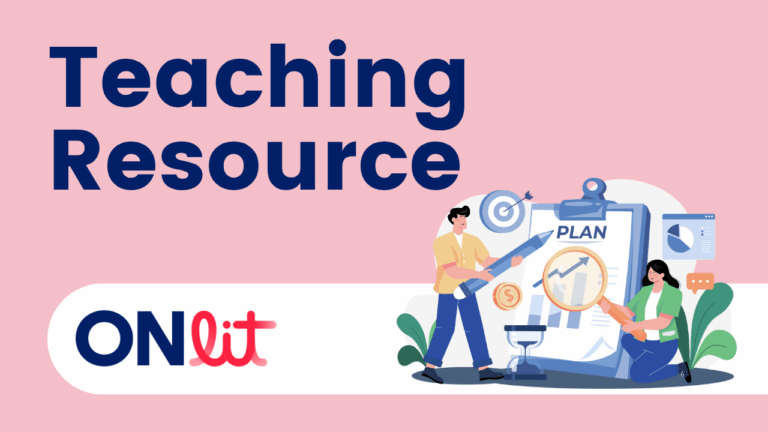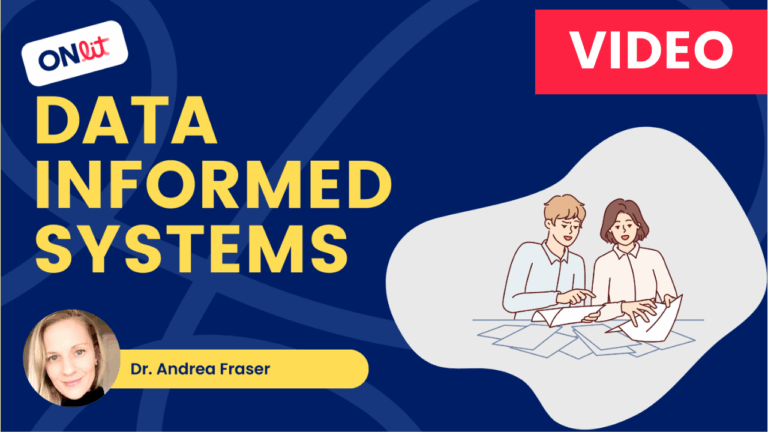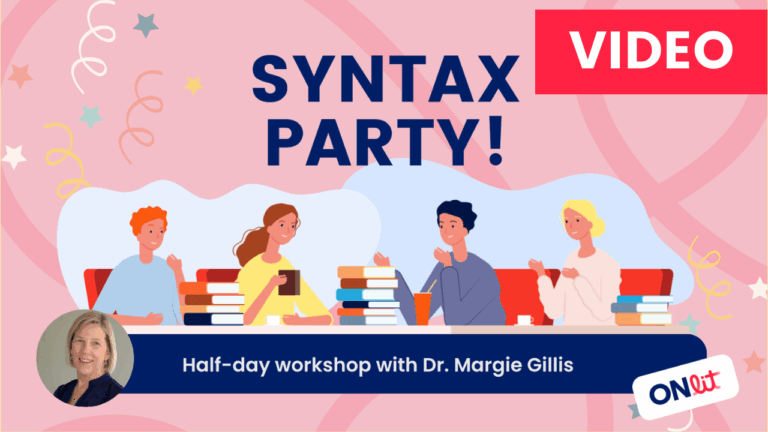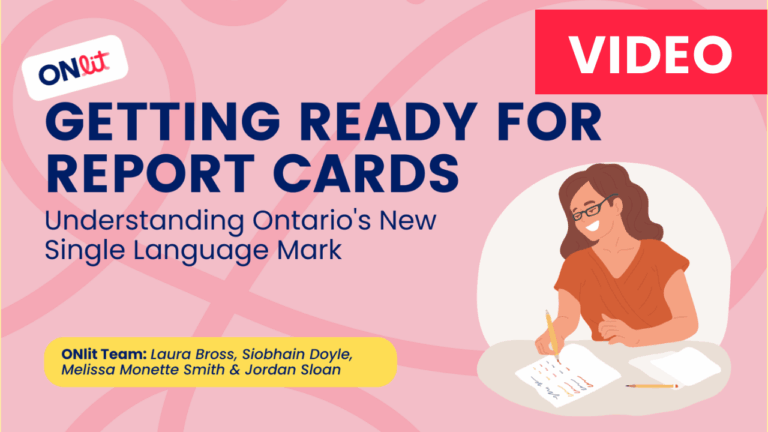Writing and Reading Connections: Bridging Research and Practice
The chapters in this anthology, by a range of expert authors, delve into the relationship between writing and reading (as well as oral language), offering both extensive research and ideas for practice. While the research can be a bit heavy at times (this is not a “quick tips to use tomorrow” kind of book), there…








